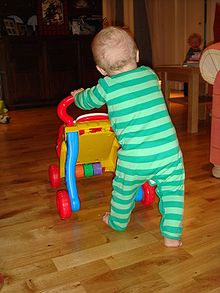Respecting kids’ negative emotions

I don’t even mean my post. I mean this post at Unschoolers.org that has gone viral this week. The post, called Unschooling: Respecting Negative Emotions, details what my family and I have been trying to practice for the last few years: the equal treatment of everyone in the house.
Go ahead and read the post—it’s so, so important. Or, if you want, I can summarize: When our friends or spouses have a rough day and slam a few cabinets or doors, or fling their jacket down, we don’t yell at them or give them time-outs. And these are grown adults! So why on earth would we do that to children, who have less control over their emotions and reactions than we do? It makes total sense when you consider it.
As we learn more about nonviolent parenting, things like this become quite clear—but that doesn’t make them any easier to implement in our lives. We have been trained, often since our own childhoods, that children must be obedient little adults-in-training, only to be respected once they are grown. They are the “property” of their parents and must do as they are told, which includes having a handle on their reactions at all times. The moment they begin to throw a tantrum over something we may think is unreasonable but is completely important to them, we start hurling punishments at them. Like schooling, spanking and so many other things in life, it’s a double standard we expect from kids—an adult privilege, if you will, that I would love to see eradicated.
Even if your friends don’t have kids, how about passing this around to help implement child respect? Because I’m telling you, for every hipster complaining about parents who “can’t control their children,” there’s a parent complaining about obnoxious cell phone use, space taken up by enormous messenger bags and gadgets and general annoying smugness that is much more annoying than an angry child.
Photo courtesy of Wikipedia

2 comments